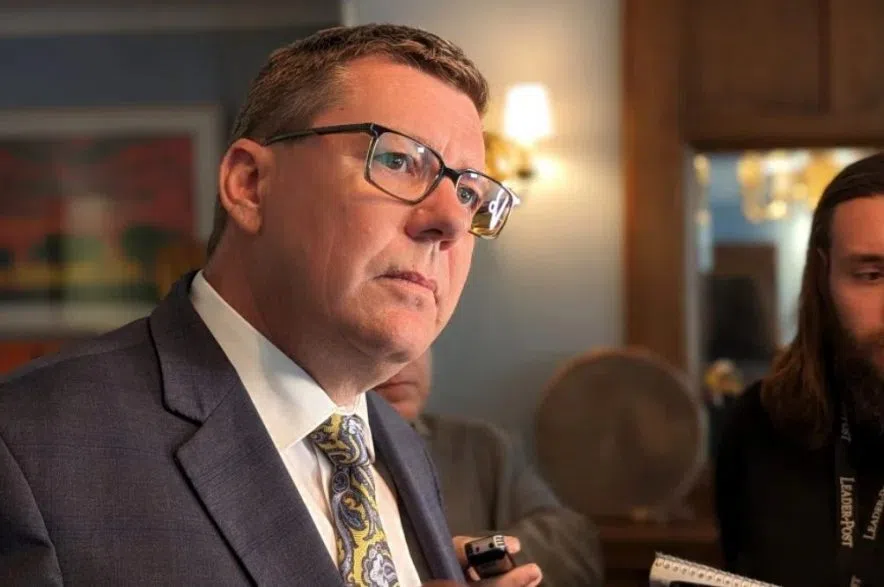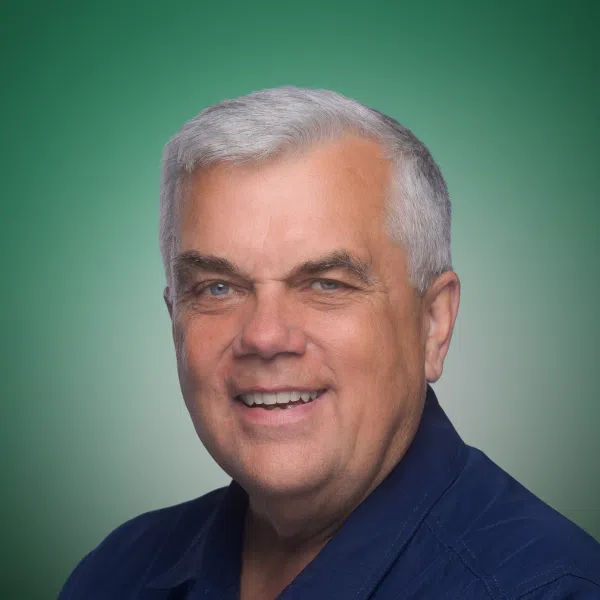With new tariffs looming over Canada, Premier Scott Moe said he’s hoping to keep building Saskatchewan’s trade relationship with India.
India is planning to impose 30 per cent tariffs on Canadian yellow pea imports on Saturday.
Read more:
- Canadian yellow peas hit with India’s new 30 per cent tariff on all imports
- Scott Moe shares concerns with federal ministers as India imposes tariff on peas
- Sask. producers look for Carney to end trade disputes with China
“I was, I would say, a little bit surprised by the suddenness of the tariffs that came on,” Moe said. “However, there are ebbs and flows in the relationship that we have with India.”
Moe said the government will be reaching out to Indian officials to try and get the tariffs off as soon as possible.
“At least on product that’s coming from Canada, we are a reliable, sustainable, long term trading partner, and very much a part of the food security supply chain in India,” he said.
The province’s agriculture and trade minister wrote a letter to federal counterparts on Thursday, that India is an “an incredibly important market for Saskatchewan.”
Saskatchewan exported $480 million of peas to India in 2024, according to the letter.
Moe acknowledged that Canada and India have had “strained” relations for the past few years.
In 2023, former Prime Minister Justin Trudeau announced the federal government was investigating allegations about India’s potential involvement in the killing of Canadian citizen and Sikh leader Hardeep Singh Nijjar.
Moe said Saskatchewan has a significant relationship with India, pointing to trade missions it’s made in the past.
He said the highest ranking trade diplomat in India last year, was the Saskatchewan Trade Commissioner who is “working very much as a force for good in that relationship.”
The foundation of Saskatchewan and India’s trade relationship started with pulses, Moe said, and grew to include potash and uranium.
Moe said Canada is facing tariffs from the three of the largest economies in the world – India, China, and the United States – and it’s all countries that need to be tariff free.
“Those are certainly markets that that we need to have access to (and) some of our largest trading partners as well,” he said.
Moe sees positive step forward in China trade talks
Moe said he is pleased that Prime Minister Mark Carney and Chinese President Xi Jinping’s conversation resulted in an invitation to China.
Carney and Xi spoke at the Asia Pacific Economic Co-operation summit in Gyeongju-si, South Korea, about Chinese tariffs imposed Canadian seafood, pork, and canola.
It was the first meeting between a Canadian Prime Minister and Chinese President in several years.
“Obviously, we would hope for a removal of all the tariffs that are in place after this meeting,” Moe said. “However, (for) the first meeting in eight years, I don’t know that that would be a realistic expectation.”
Moe said there are business delegations from Saskatchewan in China, and trade and export workers heading to Saskatchewan’s international trade office in Regina next week.
He said the best chance at creating more wealth is by expanding Canada’s markets – even to countries currently imposing tariffs.
“It’s not always a straight line, as we see most recently with our largest trading partner the United States of America – but it’s something that we need to remain committed to,” Moe said.











